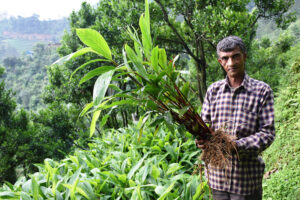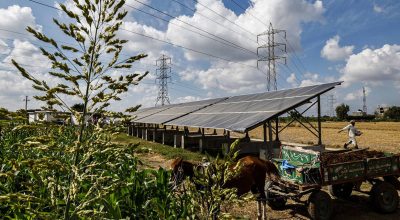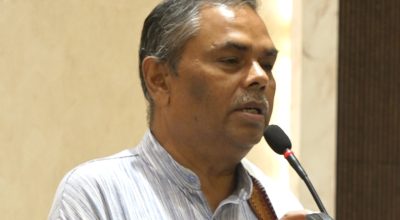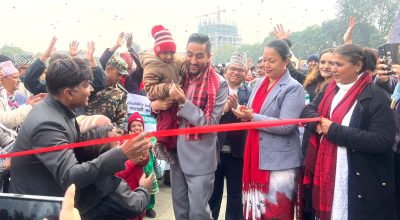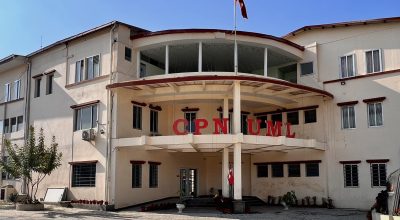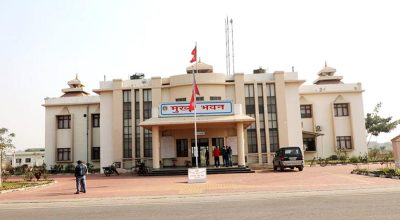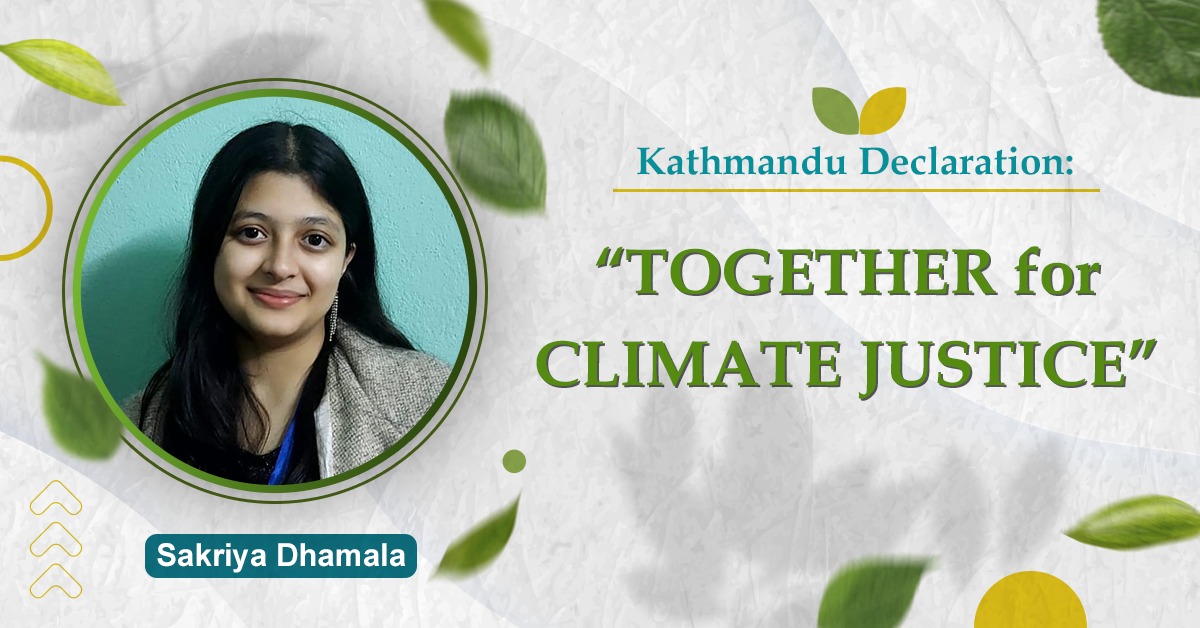
The Kathmandu Declaration on Climate Justice calls for protection and addressing special and differential needs of the poor and vulnerable communities impacted by climate change; prioritization of mountain ecosystems, peoples, and development; reforming the ‘broken’ global financial system to deliver quantity and quality of finance needed to address the climate crisis and sustainable development; and urgent and deep emission cut to limit the world’s temperature rise to 1.5 degree Celsius, adopted in Global Climate Justice Assembly organized by national and international civil society organizations during the World Social Forum in Kathmandu, Nepal.
The Global Climate Justice Assembly held on the 16th and 17th of February 2024 brought hundreds of environmental and social activists, campaigners, and researchers from 15 different countries from Asia, Africa, the Middle East, Europe, the Pacific, and Latin America. They raised concerns about the lack of urgency in addressing the climate crisis. The assembly also explored alternatives that provide a fair, rights-based, equitable, and just world that protects life and livelihoods and ensures meaningful participation of poor and marginalized communities, particularly women, youth and children, and indigenous peoples in the decision-making process. The discussion was also on the scaling up, of predictable, transparent, and accountable global financial systems for addressing interwoven challenges of climate crisis and sustainable development.
The assembly was organized by a Climate and Development Dialogue, a group of 12 civil society organizations working on climate, gender, and development intersections in Nepal. The declaration warns of the alarming decline of one-third of the glacier volume in the Himalayan Cryosphere by the end of the century, even if efforts to limit warming to 1.5°C are made. This is a vital resource for more than 2 billion people, and its loss could lead to an unprecedented threat to the region, including species extinction and intensifying hazards like floods, landslides, and droughts. The declaration recommends the Framework of the Five Years of Action for the Development of Mountain Regions 2023-2027 by engaging with the international community led by the Mountain Partnership.
Roalaura Romeo from the Mountain Partnership said “The Himalayan mountain is a symbol of all the other areas where the cryosphere is disappearing, – a similar problem exists for the Alps, the Andean chain, and all the others, including the Arctic and Antarctica. She also thanked the Government of Nepal leadership on the mountain agenda in the international forum.”
In the assembly, Flora Vano from Vanuatu, a small island nation, shared the unique vulnerabilities her country is facing with climate change. She said “The small island state always gets the brunt, always a victim from the big emitters. We are hit by multiple climate disasters and our existence is at threat because of climate emergency.” She stressed the need for a bottom-up approach to addressing climate change.Similar experiences from climate feminist activists from the Middle East, Africa, and Latin America were shared and made clear that there is no alternative to climate justice to protect their regions and peoples from the brunt of climate change.
Rand AI Khusman from Jordan said “Climate justice is about making sure that climate solutions are fair and accessible to everyone. Regardless of where we live, we must amplify our voices to demand climate justice.”
Njoki Njehu from Kenya said that in Africa women are the most impacted because of the patriarchal capitalist and extractive systems that violate and abuse women. The climate crisis is a product and part of this capitalist system. She further said we can achieve climate justice without gender justice and vice versa.
Nayara Cortes Rocha from Brazil emphasizing food sovereignty said “ It is very important to point out that climate crisis is impacting the food production globally. The climate solutions must protect the rights of food producers who are producing healthy food sustainably and fairly for themselves or the society.”
The unanimous voices were raised there is no alternative to immediate and rapid cut of the global greenhouse gas emission to resolve the climate crisis in the assembly. Countries and corporations should be held accountable for the emissions they make and demand scale-up and predictable finance to developing countries for mitigation, adaptation, and loss and damage.
Harjeet Singh from India pointed out that over 75% of greenhouse gas emissions come from burning fossil fuels, ironically the United Nations Framework Convention on Climate Change has not recognized this fact in the negotiation text. This is a reality we need to address. Countries like the USA and Europe are the major contributors to the crisis. The 1-degree temperature rise we’ve seen is due to their emissions. We also need to challenge countries like China, India, and Indonesia, which are following the same development model that caused the problem in the first place.
Raju Chhetri stressed the importance of looking at the climate crisis through the lens of socio-cultural aspects and climate justice, not just financial aspects. He pointed out that those who are losing their families, resources, and cultures are the ones paying for addressing the climate crisis. It’s about addressing their issues and needs on the ground, not just about resources and development.
Urgent global action to protect the world’s mountains that sustain billions of people worldwide is needed. Protection of vulnerable women and women’s engagement in decision-making on climate change can be a win-win strategy to address the challenges of the climate crisis and gender justice. Scale up, predictable, and fair climate finance to the developing countries for meeting climate and development ambitions. These are the key takeaways and demands of the recently concluded climate justice assembly.





